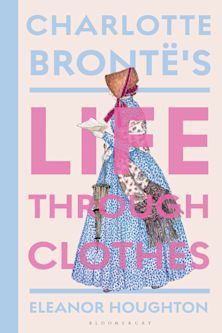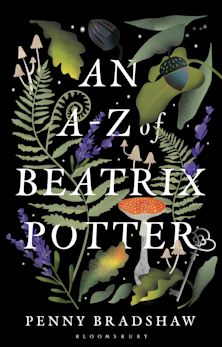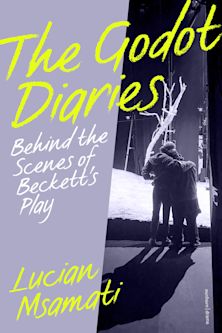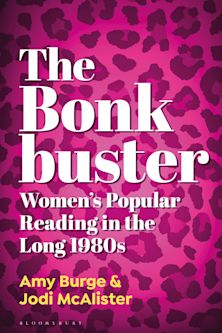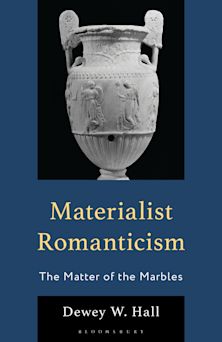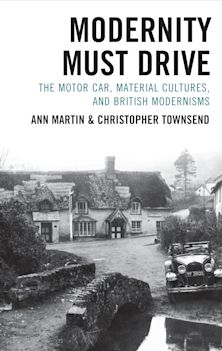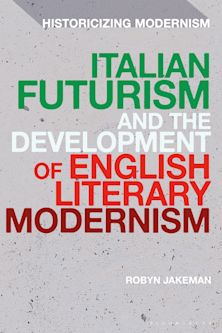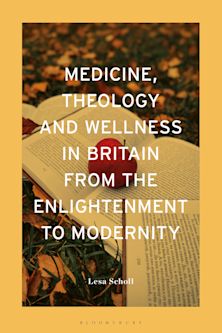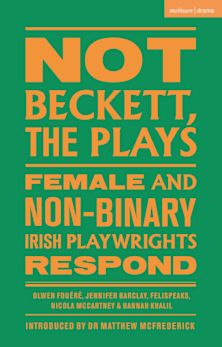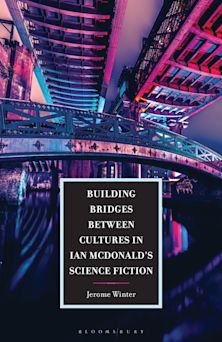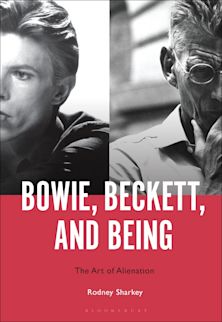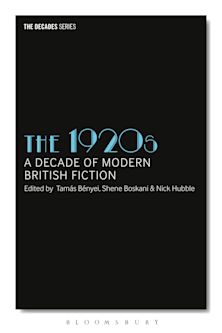- Home
- ACADEMIC
- Literary Studies
- British and Irish Literature
- Essential Scots and the Idea of Unionism in Anglo-Scottish Literature, 1603–1832
Essential Scots and the Idea of Unionism in Anglo-Scottish Literature, 1603–1832
Essential Scots and the Idea of Unionism in Anglo-Scottish Literature, 1603–1832
You must sign in to add this item to your wishlist. Please sign in or create an account
Description
John Locke asked, “since all things that exist are merely particulars, how come we by general terms?” Essential Scots and the Idea of Unionism in Anglo-Scottish Literature, 1603–1832 tells a story about aesthetics and politics that looks back to the 1603 Union of Crowns and James VI/I’s emigration from Edinburgh to London. Considering the emergence of British unionism alongside the literary rise of both description and “the individual,” Rivka Swenson builds on extant scholarship with original close readings that illuminate the inheritances of 1603, a date of considerable but untraced importance in Anglo-Scottish literary and cultural history whose legacies are still being negotiated today. The 1603 Union of Crowns spurred interest in exploring the aesthetic politics of unionism in relation to an alleged Scottish essence that could be manipulated to resist or support “Britishness,” even as the king’s emigration generated a legacy of gendered representations of traveling Scots and “Scotlands-left-behind.”
Discussing writers such as Bacon, Defoe, Smollett, Johnson, Macpherson, Ferrier, and Scott along with lesser-known or forgotten popular authors (and ballads, transparencies, newspapers, joke books, cant dictionaries, political speeches, histories, travel narratives, engravings, material artifacts such as medals and snuffboxes), Essential Scots describes the years 1603 to 1832 as a crucial period in British history. Paradoxically, the political and cultural exploration of ideas about “unionism” in relation to a supposed “essential Scottishness” participated in the increasing prominence of both description and the “individual” in nineteenth-century Scottish literature; Swenson persuasively concludes that essential Scottishness (as both “identity” and symbolism) was refigured to mediate a national synthesis between the emergent individual and the nascent British nation—as well as the naturalized, even de-politicized, literary synthesis of particulars within putatively analogous narrative wholes.
Table of Contents
List of Illustrations
List of Abbreviations
Introduction
Part I: Essential Scottishness and the Form of Original Anglo-Scottish Discontent
One: Writing Anglo-Scottish Unionism and its Discontents in 1603 and 1707: Francis Bacon, Daniel Defoe, and English Anxieties of Narration
Two: Writing Reunion, Rewriting Union for the Atomic Scot: Tobias Smollett’s Traveling Types after the ’45 and Seven Years War
Three: Writing Revolution as Essential Recovery: Samuel Johnson’s Return to Scotland after Ossian
Part II: Unionism and the Challenge of the Individual in Early Nineteenth-Century Scottish Writing
Four: Individual Concerns, the Mock-Gothic, and Marriage Trouble: Anglo-Scottish Self-Difference in Susan Ferrier’s Laboratory
Five: Describing the Subnational Hinge in 1822: Robert Mudie and the Aesthetic Politics of the Synthetic British Text
Coda: Walter Scott and the Legacy of Chosen Scottishness
Bibliography
Index
About the Author
Product details
| Published | Dec 30 2015 |
|---|---|
| Format | Ebook (Epub & Mobi) |
| Edition | 1st |
| Extent | 348 |
| ISBN | 9781611486797 |
| Imprint | Bucknell University Press |
| Illustrations | 16 b/w photos |
| Series | Transits: Literature, Thought & Culture, 1650–1850 |
| Publisher | Bloomsbury Publishing |
About the contributors
Reviews
-
This ambitious book offers an alert and lively examination, not of Anglo-Scottish writing as a whole, but of the idea and representation of unionism in a series of specific authors or case-studies.... Even those who disagree with its larger claims about narrative, or with its particular interpretations, will find this a book stuffed with good and provocative quotes and ideas.
Studies In Scottish Literature
-
Rivka Swenson’s Essential Scots offers a welcome development on the notions of conciliation, inclusive feeling, and constellations as a means of national cultural analysis.
Eighteenth-Century Fiction
-
Swenson carries the reader into new critical territory through a series of deft readings. The meaning of Scottishness – understood as a kind of kernel or essence, however empty or malleable – changes over time as it does different work in the hands of different authors and at different historical moments. A sophisticated, thought-provoking addition. Indeed, Essential Scots serves notice that this sub-field has clearly come of age.
Evan Gottlieb, Associate Professor of English, Oregon State University; author of Romantic Globalism: British Literature and Modern World Order, 1750-1830













